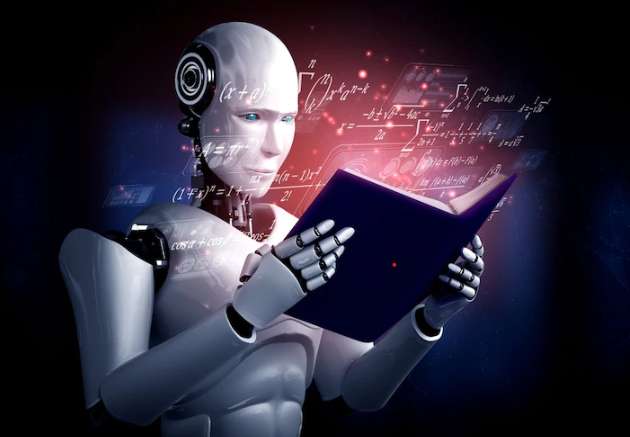The Frontline PBS video,
"In the Age of AI", delves into the subject of Artificial Intelligence and its role in our lives, analyzing both its positive intentions and its negative consequences. At its core, AI is simply set of tools used by businesses to increase efficiency and create revenue, which, ultimately, seems like a neutral function. However, AI's neutrality depends on how it is employed and for what purpose. Oftentimes, AI is advertised as being used to tailor the online world to the interests of the individual, but in order to create such an individualized online experience, the software must first collect and analyze scores of personal data, usually without the user's awareness of just how much information is being collected on them.
AI does this through a process called
machine learning, in which a computer is able to "learn" by analyzing data sets, recognizing patterns, and using that knowledge to make decisions. This can be very beneficial for businesses in areas such as data mining, predictive analytics, product recommendations, marketing, and pricing strategies. Machine learning gives businesses the ability to filter through large collections of data and make predictions on human behavior for marketing and sales. That being said, machine learning also has
unintended consequences when human biases are built into the algorithms, causing the AI to learn offensive language on social media sites and provide polarizing content in ads.
Additionally, machine learning has contributed to the phenomenon of
surveillance capitalism where data on people's movements and behaviors, that is often collected without the user's knowledge, is sold to third party companies. Some examples of surveillance technologies used widely today are smart home devices that may record conversations without any user interaction or Bluetooth devices that use cross-app tracking.
Finally, not only can AI predict human behavior, but it may also be able to control it through something known as emotional contagion, which is the tendency to behave a certain way based on the emotions a person interprets from someone else. This phenomenon can occur without any in-person contact and simply through the types of media a person is exposed to like in ads, videos, or comments on social media. With this knowledge, AI can influence people's behavior by controlling the type of content they consume, impacting their emotions and how they might act on those emotions over time.
Considering just how much data AI can collect and what it can do with that knowledge, it is important for us to remain aware of what information we are putting out into the world and where that information is going.




No comments:
Post a Comment